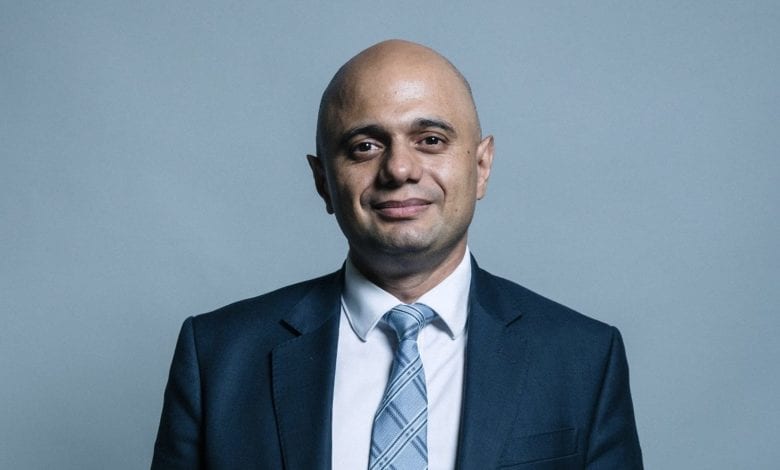Javid mulls three-year passenger duty holiday for Flybe

Things are not looking rosy for low-cost airline, Flybe, but the chancellor Sajid Javid may have some proposals that save it from complete collapse.
It is reported this morning that he is considering cutting air passenger duty on all domestic flights – a big boon for all the other airlines but also for consumers booking flights – in order to give Flybe a breather and three years in which to get itself in order.
Europe’s largest regional carrier will not quite be out of the woods if the decision proceeds, as it simply defers a tax bill of £100m by three years, and that of course will need to be repaid as well as any new taxes accrued after the duty holiday ends.
But it does represent something of a lifeline for a carrier that appears likely to go bust if there is no assistance. Emergency talks are taking place today between the chancellor, the business and transport government departments, and Flybe, in order to establish what can be done to prevent its failure.
The discussions come at an interesting time given our imminent departure from the EU, which has extremely restrictive legislation on ‘state aid’ for private businesses. Successive governments have blamed their failure to provide cash injections to collapsing companies on these rules, which were designed to level the playing field across the European Union member states, and prevent governments from propping up fundamentally uncompetitive industries (or individual companies) in their own countries.
The PM, Boris Johnson, spoke to BBC Breakfast this morning, and said the government was “working very hard to do what we can” – a tad vague – but added: “There are limits commercially to what a government can do to rescue any particular firm but what we will do is ensure that we have the regional connectivity that this country needs.”
Flybe operates almost 40% of UK domestic flights, and if the company flounders, 2,000 jobs will be on the line. Let’s hope a solution can be found.
Johnson weighs in on Huawei after US says using it would be “madness”
Yesterday I addressed the issues surrounding Huawei, the Chinese smartphone and telecoms firm that many, including the United States, are worried about from a national security perspective. The Yanks have intensified their objection to Britain’s consideration of the firm, saying that if we adopted its equipment for the provision of 5G networks, it would put the transatlantic intelligence sharing relationship at risk, and said adoption overall would be “nothing short of madness”.
But Johnson, in a rather blasé piece to BBC Breakfast this morning, said: “Now if people oppose one brand or another then they have to tell us what’s the alternative.” That line makes it sound as though we are arguing over which smartphone to get now that our contract is up for renewal, when actually we talking about what will become a central, fundamental plank of the UK’s communications infrastructure. While, as I mentioned yesterday, it is difficult because Huawei is one of the only players that has invested long and heavily enough to be able to deliver the technology at scale, it is surely not the soundest argument to say, “they’re the only ones doing it, so what the hell”.
There is comfort in the fact that MI5 is a world class security apparatus, and I sincerely doubt they would nod through any technology that was capable of so-called ‘back door’ access to government functions or national utilities.
Bank of England’s MPC to says it ‘may need more data’ ahead of interest rate cuts
There was bruising news yesterday that the UK economy went slightly backwards in November during the general election, falling by about 0.3%, and the annual growth rate slipped to 0.6% – the lowest in 7.5 years. Manufacturing took a dive in output, and the all-important service sector also fell.
It’s in light of that the people who make up the Bank of England’s monetary policy committee will have the make their decision about what to do with interest rates on 30 January. The UK has had record low interest rates for more than a decade, and really they will want to push them up at some point.
But every time the economic results come round, apparently it just doesn’t feel like the right moment, given it would squeeze incomes on mortgage-holders, make it more expensive for businesses to borrow, and so on.
In any case, on matters such as this, the City tends to have the inside track in some way or another. The financial markets had the chances of a rate cut at 5% just one week ago, and now the chances are ranked at 50%. Looks like we’ll be getting another cut.







